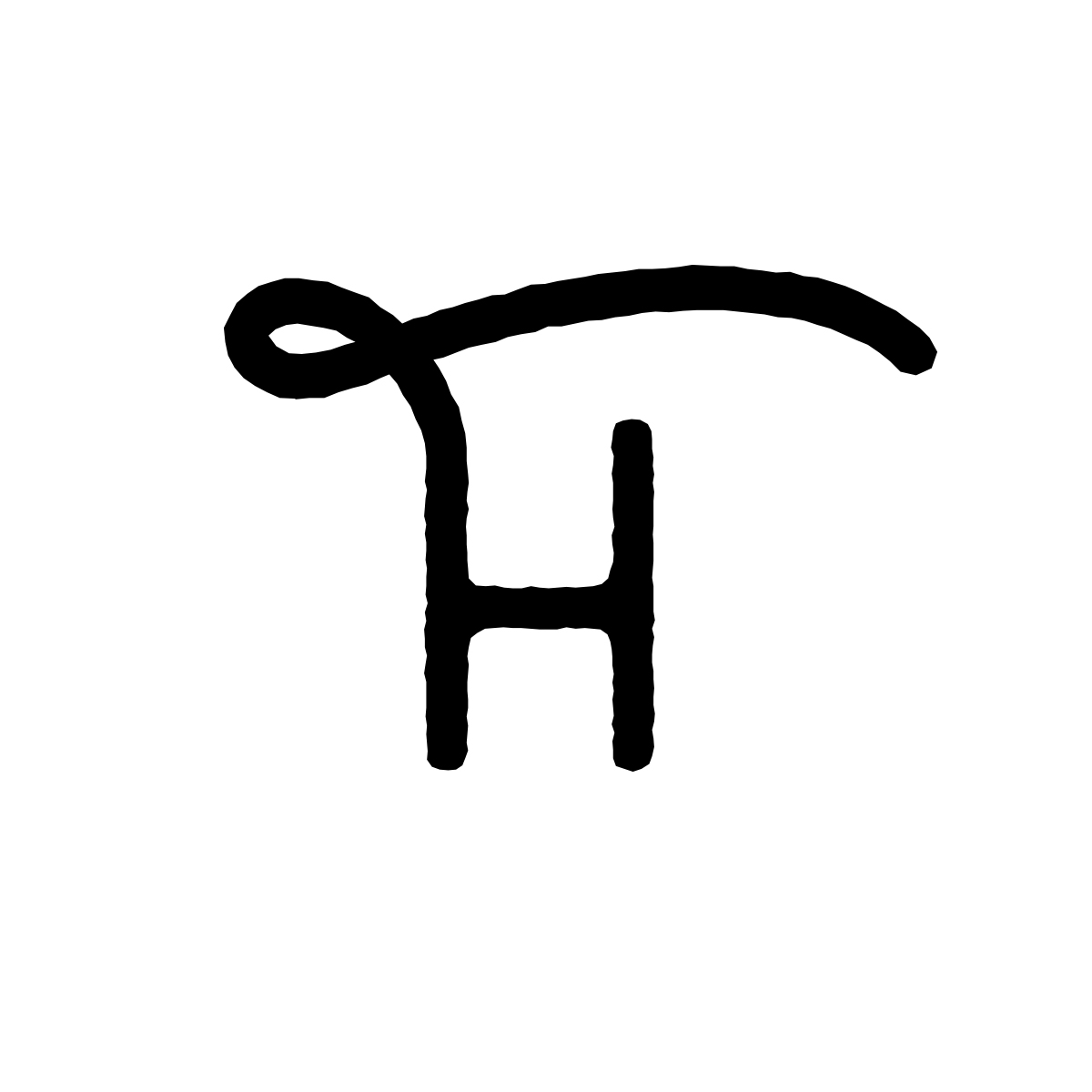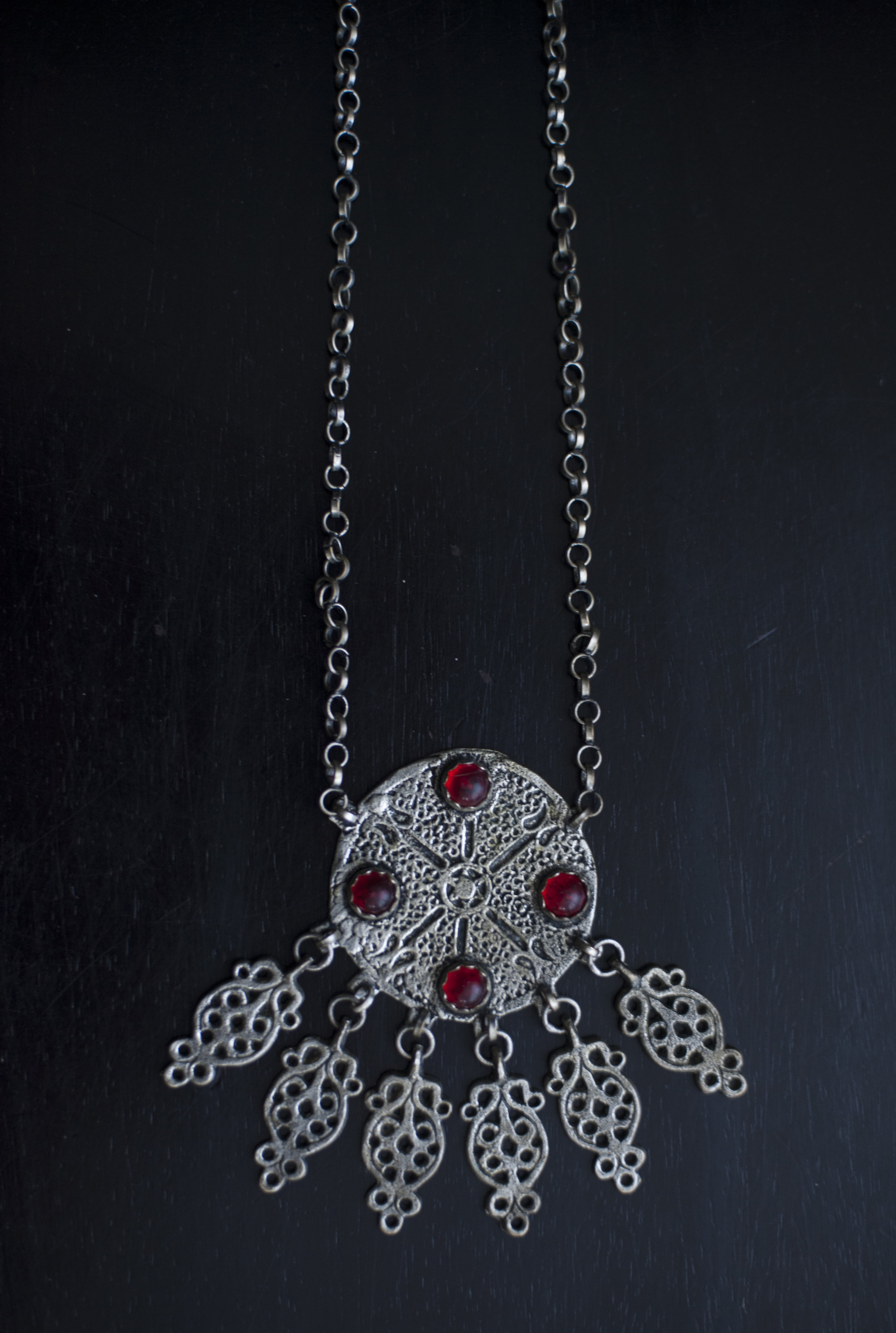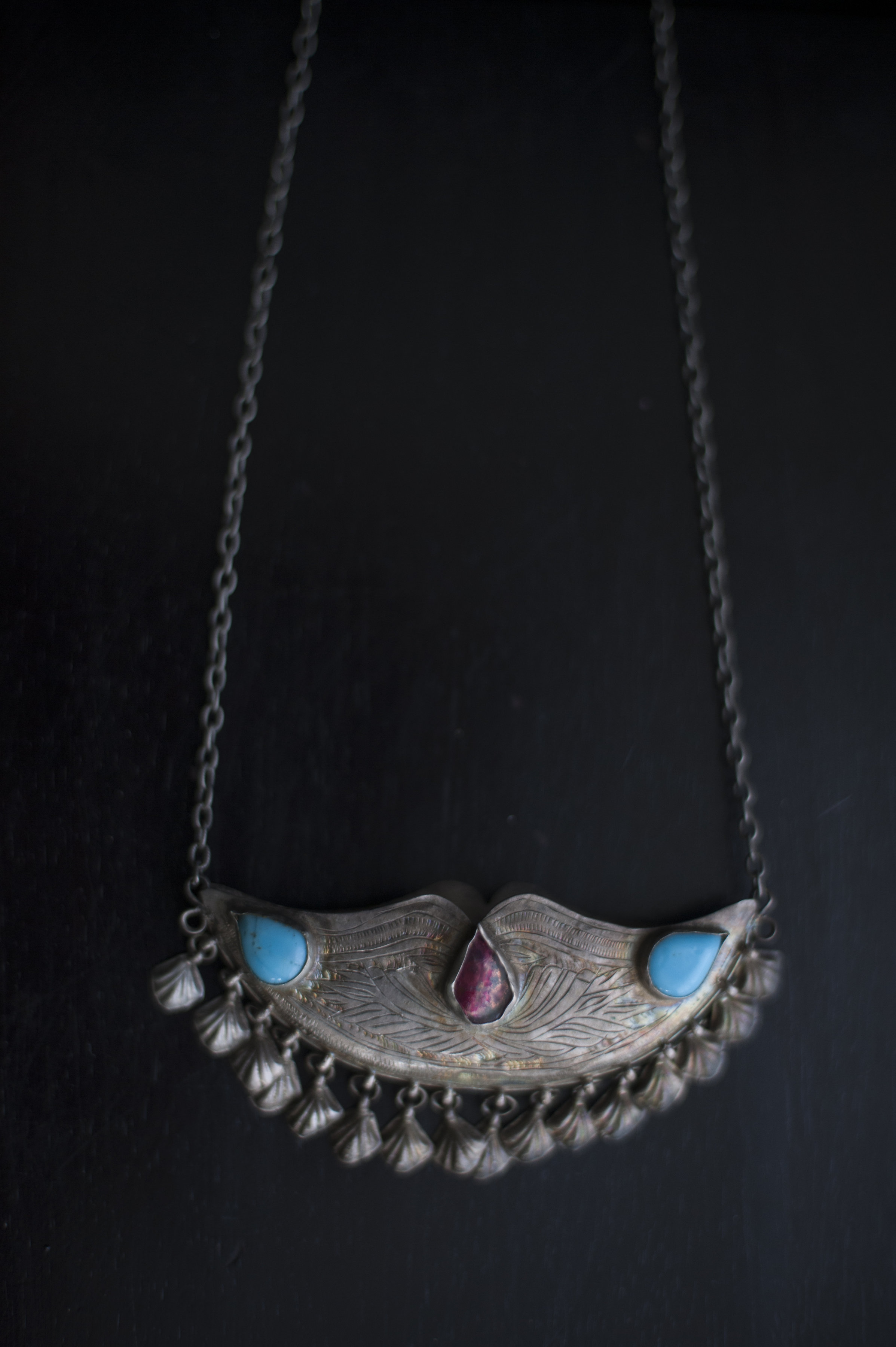Floating Roots
“...I have this sense that I have these deep roots from a very old culture…I grew up here, but I have this huge sense of history and connection to a country that I’ve never been to...I have these deep, deep roots but they are kind of floating roots…”
The Subjects
Bahareh was born in Manchester, England. Her father, Mehdi, and mother, Farideh, were born and raised in Iran. As a youth, Mehdi moved to Tehran and taught secondary school. This is where he met Farideh, whose father ran the school. They married in 1971 inviting all of their family and friends, and hiring the famed Persian singer Googosh to sing at their reception. In the 1970’s religious and economic discontent spurred change in Iran, which was ruled by a monarch called the Shah since 1941. The Shah became repressive, using a secret police force to suppress opposition. Both Mehdi and Farideh were vocal critics of the Shah, which led to Mehdi’s arrest. After his release, he and Farideh left Iran to study in England, where they earned graduate degrees in computer science and business, and welcomed their daughter, Bahareh, into the world.
When Bahareh was two years old, she and her parents visited Tehran. It would be Bahareh’s first and only time in Iran. In 1979, the Iranian Revolution forced the Shah from power and replaced him with exiled Shia cleric Ayatollah Khomeini, who quickly turned the country into an Islamic republic. When Farideh’s father died, she could not attend his funeral because her family warned her it was not safe to return to Iran. They left England for the United States, where Mehdi accepted a professorship at The University of Illinois. Bahareh grew up in Champaign, Illinois, where her father taught computer science and her mother juggled work and raising a daughter in a new country. Since leaving Iran, both Medhi and Farideh returned only a handful of times, but never together. They did this as a precaution: if something were to happen to one of them upon their return to Iran, then the other would be able to care for Bahareh. Before he retired, Mehdi became Dean of Graduate Studies. Farideh received her law degree and is a practicing attorney. Bahareh moved to Chicago, where she married and had a daughter named Cecily (4).
The Objects
The Patchwork Cat
“I…brought in a little patchwork cat that was made for me by my grandmother in Iran and given to me…I met her when I was two when we went to Iran, but I don’t have any recollection of it…we don’t have a lot directly from our ancestors, but I have that cat.”
Cecily's Traditional Clothing
“That outfit is a very traditional Persian dress…people don’t really wear that these days except for in more of the remote regions...Maybe 100 years ago you’d find that a lot more common, but now it’s only [worn by] small groups.”
Painted Boxes, Necklaces, & Shawl
“We don’t have a lot that is directly from our family because when they [Bahareh’s parents] left Iran they always planned on going back…so they didn’t leave with a lot. And so we don’t really have mementos…other than some photographs…
A little decorative box from Iran that my mother had brought back…as well as some necklaces that she and my father had gone to Iran over the years and brought back. And also…a shawl but it’s actually used more like a table runner or decoration. That was also something they brought back from their travels…they are good examples of the artwork and jewelry from Iran.”
The Questions
1) What would you ask the owners of these objects, if you could speak to them today?
“If I could speak to my relatives I would love to just ask them about themselves and their lives because never having lived there [Iran] and never really knowing them that well…I’d want to know all about their lives and their history. Because I am bicultural, growing up with Iranian parents in the United States, but I have this sense that I have these deep roots from a very old culture…they [Bahareh’s parents] still very much feel Iranian, Persian…it’s in their blood. They don’t quite feel at home here. They never will. Whereas I do—I grew up here, but I have this huge sense of history and connection to a country that I’ve never been to and…we have a large family but I don’t know them. So I want to feel more connected and I want to understand where I come from, where my parents come from, and who these people are. I have these deep, deep roots but they are kind of…floating roots…”
2) What lessons or ideas do these objects communicate that you hope your children will carry through their lives?
“I want Cece [Cecily] to have an understanding of her history, of our history, that part of her comes from another land, and not a far-off distant history…it wasn’t that long ago that my parents came over here, and what does that mean, and who are they, and who are our ancestors? I try to impart on her some of the cultural lessons and history, but it’s really hard to do when you’re not able to go to the country and you’re not able to visit with those relatives, except for my parents. I want her to have a sense of connection with Iran and with Persian culture.”














